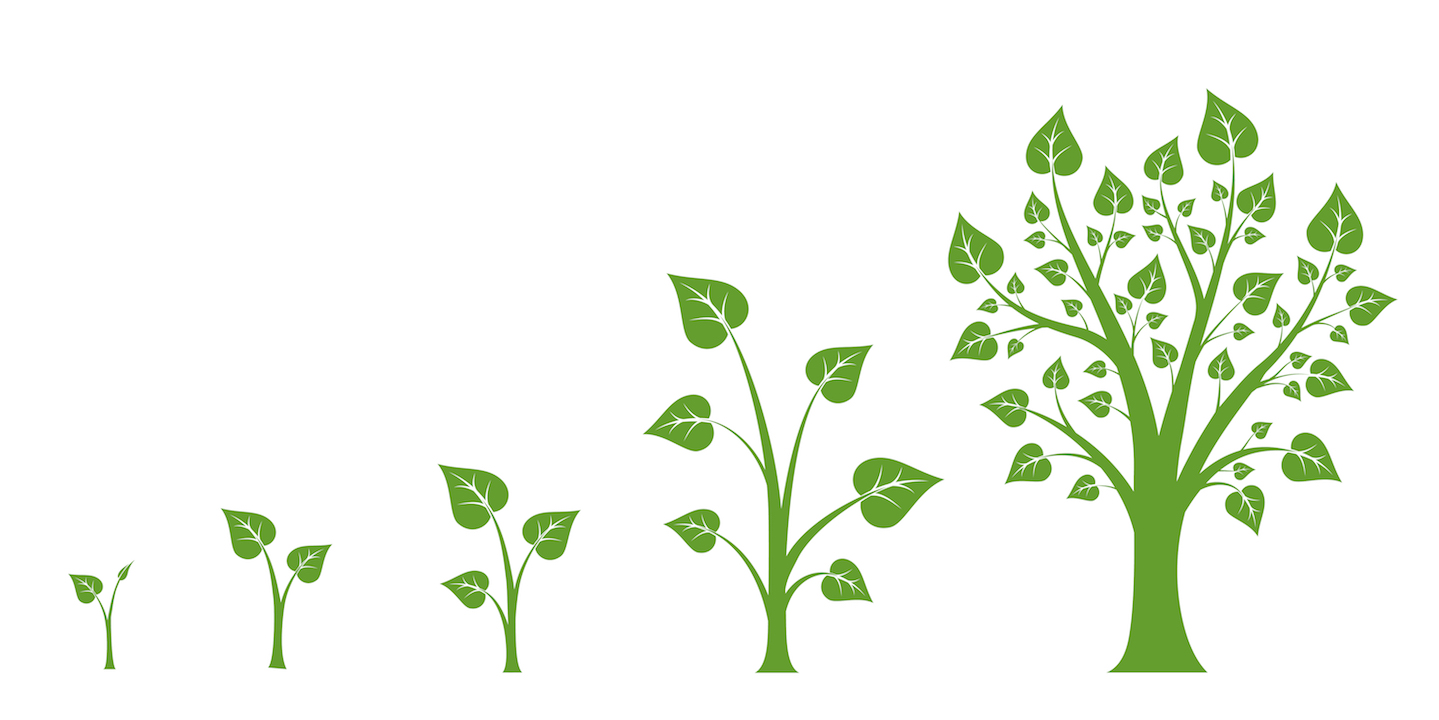
How do we measure student learning progress in a meaningful way?
ACER news 20 May 2020 4 minute readIdentifying starting points for learning has never been more important than during the recent disruption to traditional schooling.
This article by ACER's Dr Anne-Marie Chase was first published in EducationHQ following the release of David Gonski’s review of Australian education. Since then, the sector has undergone enormous change, with traditional modes of schooling interrupted and Australia’s students dispersed during remote learning. We republish the story here because the ability to measure progress, and the appreciation of the value of student assessment in locating starting points for learning, have never been more important.
The value of measuring the progress a student makes in their learning, rather than their attainment of curriculum-based targets, is a hot topic in education.
The Gonski Review put forward its case for a reconceptualisation of learning expectations in schools last year, and the model it proposed depends on several factors: correctly ‘diagnosing’ where a student is in their learning; determining how their learning has changed over time; and using evidence from research to decide what practices or measures best meet their specific needs. All of this is underpinned by a need for accurate measurement.
Units of measurement (kilometres, hours, ounces) are human inventions, an attempt to make sense of our environment. By dividing our world into units, we are able to communicate the facts of our surroundings – and, importantly, changes in those surroundings – in ways that are meaningful to other people. But for that transfer of meaning to be successful, we must agree on a scale. There are widely accepted scales in use to measure common factors like time, weight and distance, but what about more complex qualities that are harder to express as a variable?
In education, some learning is relatively straightforward to measure; can a student perform basic multiplication and division, for example, or read independently? Less easy to quantify are skills like creativity, collaboration and resilience, let alone capturing changes to skill levels over time or comparing students’ capabilities to their peers.
This is where measurement models come in.
As Chief Executive of the Australian Council for Educational Research and renowned psychometrician Professor Geoff Masters explains, an effective model provides a mathematical (probabilistic) connection between observations and ‘amounts’ of an underlying but unobservable variable.
A good measurement model ensures that resulting measures are meaningful, and provides a scale (with a unit of measurement) against which different instruments can be calibrated.
The Australian Council for Educational Research administers a wide range of educational assessments, in Australia and internationally, and has been involved with the writing and design of many more.
Our flagship assessments are underpinned by the Rasch model, a psychometric tool with applications in education, medicine and beyond. Rasch has been used to measure a wide range of factors, from the quality of life of children with cerebral palsy to the role of analytic thinking in depression.
In education, it informs some of the world’s most well-known assessments, such as PISA, PIRLS and TIMSS. Its applications may be broad, but the measures it produces are extremely precise.
If our hope for all students is that they should be able to demonstrate learning progress irrespective of their starting points, we need to use the best tools available to help them do this. A thorough understanding of how our student assessments work is key to this. ■
Dr Anne-Marie Chase is course coordinator of ACER’s Understanding Rasch Measurement Theory, a 100% online, masters level course starting 13 July.
Find out more: https://www.acer.org/au/professional-learning/postgraduate/rasch
This article was originally published by EducationHQ. Subscribe here.